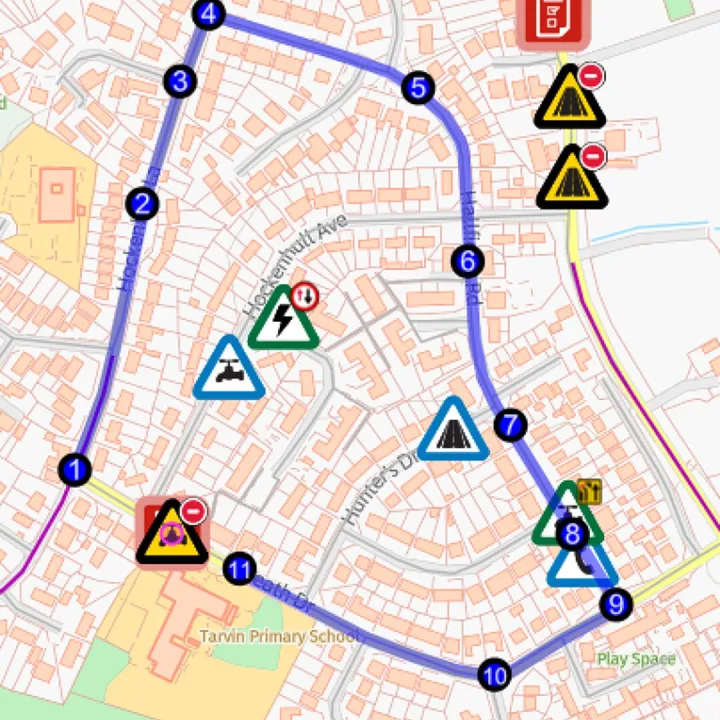Milk Alternatives – Which is Most Sustainable
Plant-based milk alternatives have a much lower environmental footprint than dairy milk. Dairy cows need a significant amount of water and feed to produce milk, and their waste also contributes to water and air pollution. And we don’t need to remind you about their Methane emissions! By choosing plant-based milk alternatives, we can reduce our environmental impact and help to create a more sustainable food system. In addition to environmental concerns, many people are intolerant to lactose or the protein in milk (casein or whey) after all, cows milk is designed for baby cows. As more people switch to plant-based diets, the demand for plant-based milk alternatives has skyrocketed. But with so many options available, it can be difficult to know which one is best for the environment. In this article, we look at some of the most popular plant-based milk alternatives and compare their environmental impact.
Oat"milk"is made by blending oats and water, (with a little sunflower oil for barista versions), oat milk (or oat drink as it is more correctly termed) is a relatively recent plant-based milk alternative that has quickly become popular. Oats are a relatively low-maintenance crop that requires less water than many other crops. Oats can be grown in colder climates where other crops may not thrive, which can reduce the need for transportation. Overall, oat milk has a relatively low environmental impact, and we can confirm, having tested each of the milk alternatives, it makes delicious creamy porridge, tastes great on cereal and makes a very tasty cappuccino!
Soy“milk” is one of the most popular plant-based milk alternatives. It is made by grinding soybeans and mixing them with water. Soybeans are a relatively low-maintenance crop that requires less water than some other crops, though more than oats Soybeans also produce nitrogen which helps to enrich the soil. However, soybeans are often genetically modified, and the production of soy milk has frequently been linked to deforestation. Overall, soy milk has a moderate environmental impact.
Almond“milk” is another popular plant-based milk alternative. Almonds are ground and blended with water. Amond trees require less water than dairy cows and soybeans, but they do require a significant amount of water to grow, plus, the regions in which Almonds are grown, such as California often have a severe water shortage problem. Additionally, the production of almond milk requires a lot of energy, and the trees can be difficult to grow in some regions. Almond milk has a pretty high environmental impact.
Coconut milk alternative is made from coconut flesh and water. Coconuts grow naturally in tropical regions, and require relatively little maintenance. However, the production of coconut milk has been linked to deforestation and the transportation of coconuts can be energy-intensive. Overall, coconut milk has a moderate to high environmental impact.
Conclusion:
Overall, oat milk is the best plant-based milk alternative for the environment. Oats require less water than some other crops, and they can be grown in colder climates. Oats require relatively little maintenance as a crop which can help to reduce the environmental impact of their production. However, it's important to note that the environmental impact of plant-based milk alternatives can vary depending on how they are produced and where they are sourced from. When choosing a plant-based milk alternative, look for brands that use sustainable farming practices and environmentally-friendly packaging or you can resort to making fresh plant-based milk on your own.
Quick Links
Get In Touch
TarvinOnline is powered by our active community.
Please send us your news and views.







